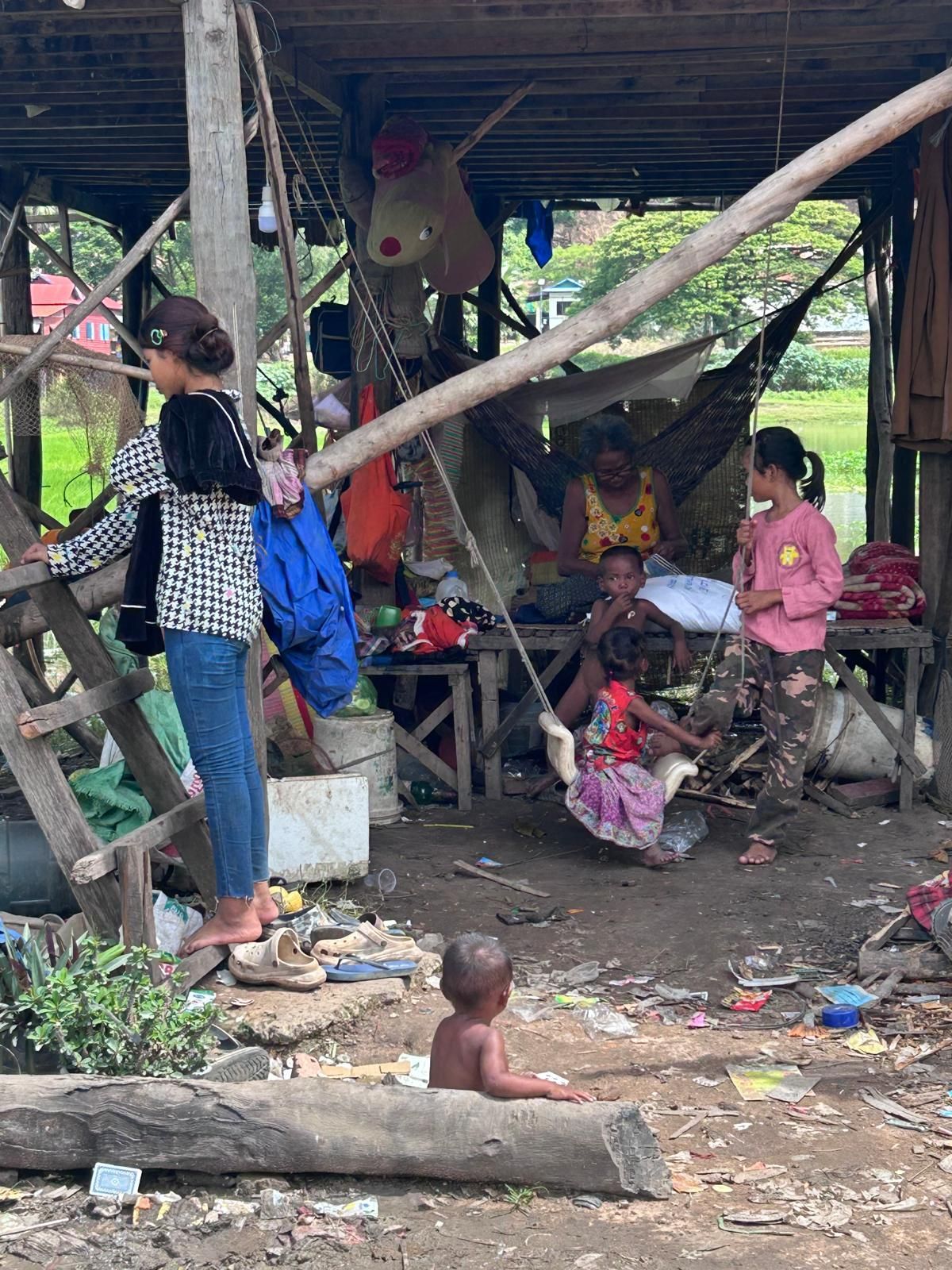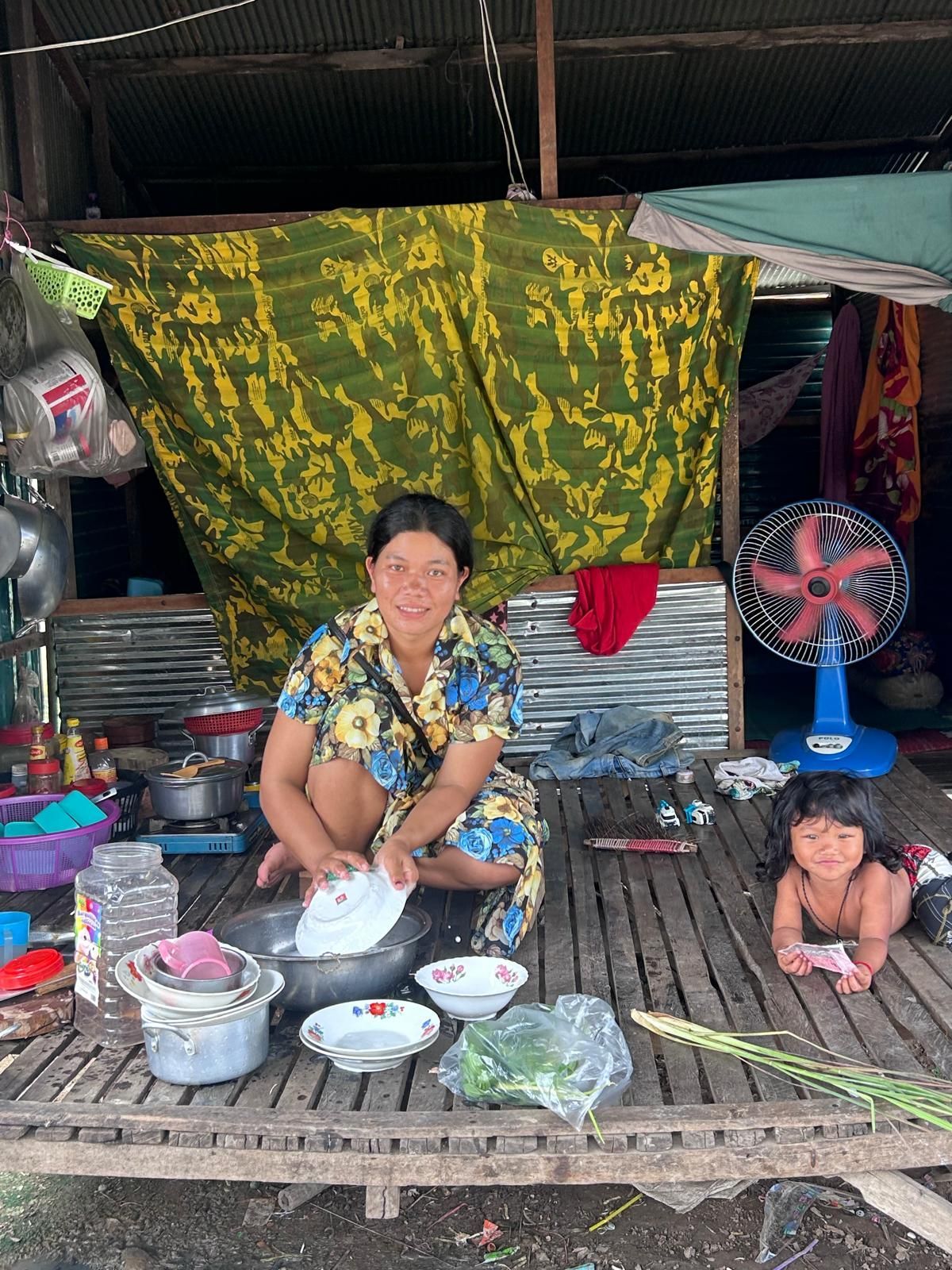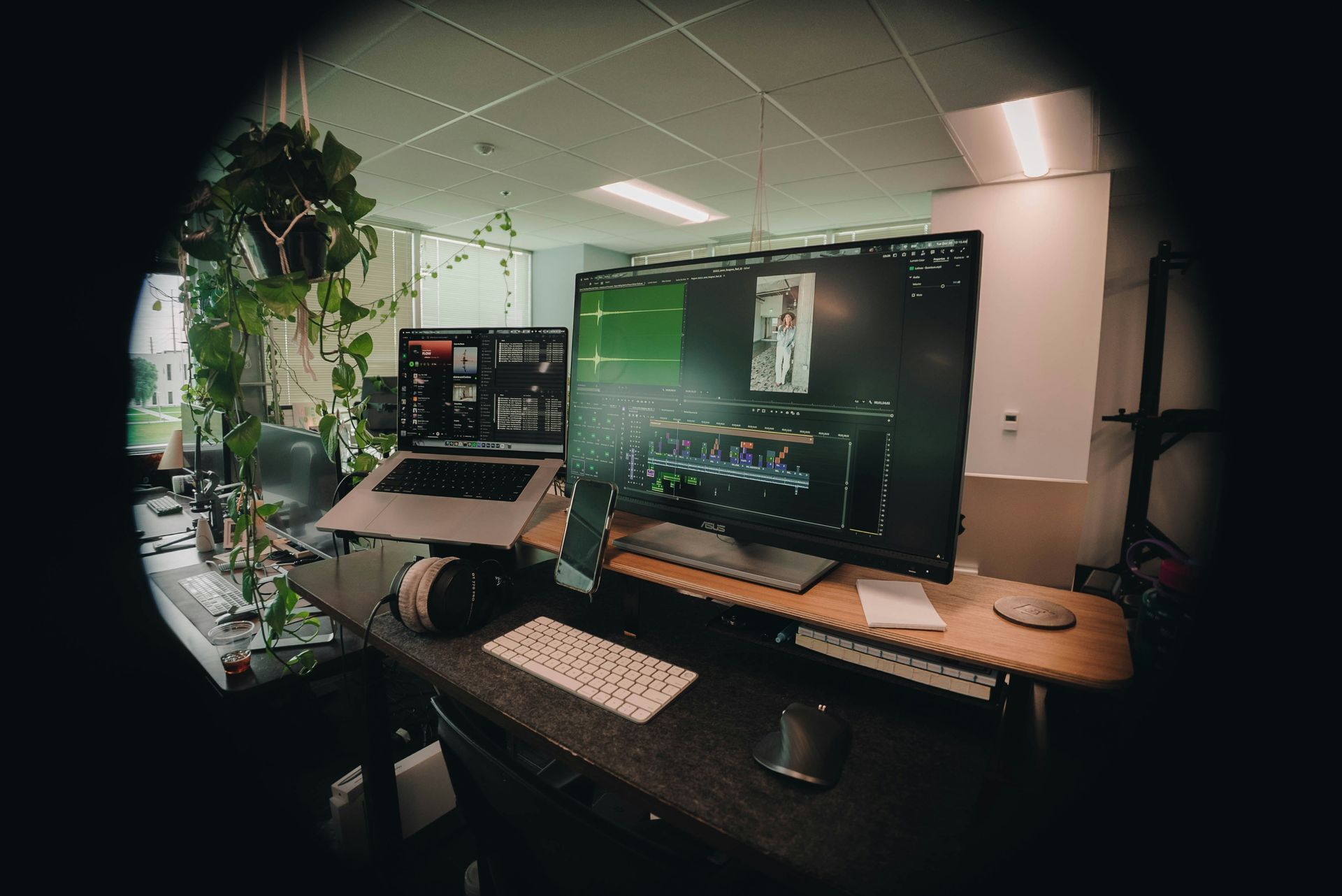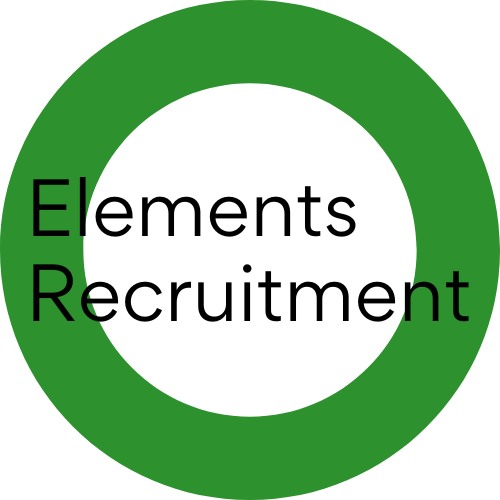There are places that leave an imprint on your soul and Cambodia is one of those for me.
I arrived with good intentions, as many do. I wanted to give back, to help, to make a difference. But as the days unfolded, it became clear that the impact I hoped to have needed a whole lot more introspection than inspiration. Cambodia changed the way I see the very concept of “helping”.
Voluntourism: The feel-good fix that often fails
Before I went, I’d heard whispers of the ethical complications behind voluntourism. But once I was there, I began to see just how easily good intentions can pave the road to unintended harm.
Short-term volunteer placements especially those involving children can do more damage than good. When volunteers come and go, children are left in a revolving door of attachments and departures. Local staff are often side-lined. Communities can become dependent on outside help, rather than empowered from within. And all too often, it’s the volunteer’s experience that’s prioritised over long-term, sustainable outcomes.
I had to ask myself: Who is this really for?

The power imbalance that’s hard to spot
What struck me most was the subtle but very real power imbalance at play. When we arrive in a country with the mindset that we’re there to “save” or “improve” things, it sends an unspoken message: we know better.
This mindset, sometimes wrapped up in the glow of generosity, can quietly reinforce colonial dynamics and disempower local voices. The people I met in Cambodia didn’t need rescuing. They needed respect, resources, and recognition of the work they were already doing with courage, commitment, and wisdom.
The model of the NGO’s leaders and organisations I met put local leadership at the centre. They don’t just welcome volunteers, they educate them. They challenge them to unlearn assumptions and show up differently. I was humbled and it was necessary.

The myth of the hero volunteer
It’s tempting to think that any help is good help. But that’s not the case.
True impact doesn’t come from swooping in. It comes from listening. From asking what’s needed. From offering support that builds on local strengths, not replacing them. From staying long enough to understand context, culture, and consequences.
And sometimes, the most powerful thing you can do is step aside, and support from the background and not the spotlight.
So, what does ethical helping look like?
For me, this experience has reshaped how I think about giving back whether overseas or closer to home. These are the questions I now carry:
- Is this project driven by the local community, or outsiders?
- Is there a long-term plan beyond my visit?
- Am I bringing a skill that’s truly needed in that community or am I just filling space?
- Will my presence disrupt more than it supports?
- How can I leave a place stronger than I found it, without being the centre of the story?
- Am I empowering the community for long lasting impact?
In the end, helping isn’t about being the hero. It’s about being the ally. The learner. The quiet supporter who understands that real change takes time and humility.
Cambodia didn’t just teach me about a country rich in history and resilience. It taught me to challenge my own assumptions. To rethink what helping means. And to remember that the best kind of giving often begins not with doing, but with listening.
If you're planning a volunteer trip, or even just considering what kind of impact you want to have in the world then pause and reflect. Ask better questions. And choose a path that honours the people and communities you're hoping to serve.
A huge thank you to Jane whose 15 years of experience working with NGOs primarily in Cambodia was invaluable. We shared countless conversations/debates on these issues, and she generously passed along articles that challenged my thinking and broadened my perspective.
Weeks after returning home, I’m still processing her insights. I feel truly humbled.






